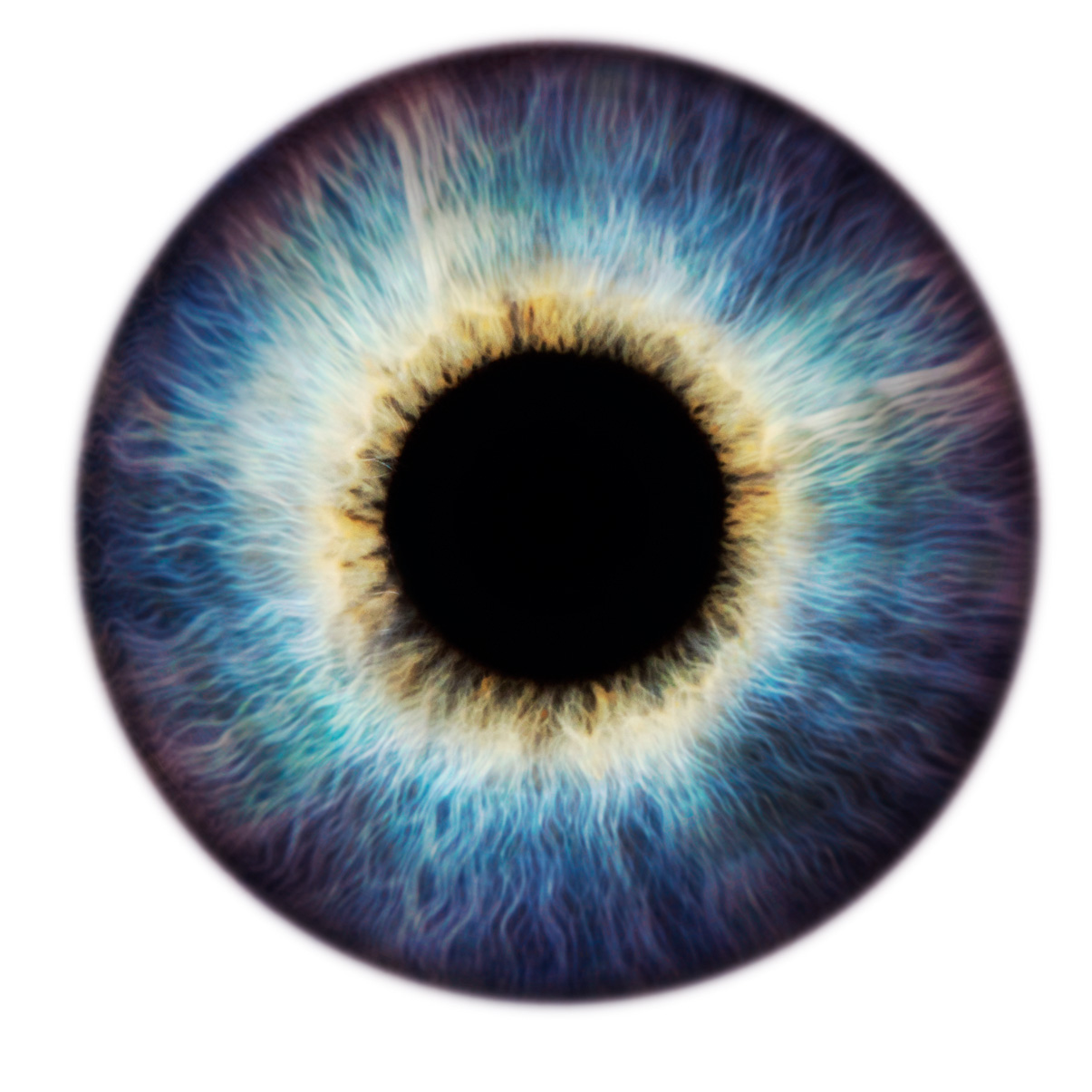
Can animals really have culture?
About the “culture war” over the existence of culture in non-human animals

Culture is traditionally perceived as an artificial product and thereby contrasted with nature. It is also widely regarded as a prerogative of humans. However, recent developments in cognitive ethology, anthropology and ethnology cast doubt on these claims. As a result, there has been a veritable ‘culture war’ among experts. The controversy ranges over questions like: How should culture be defined? In what sense and to what extent are non-human animals capable of cultural achievements like behavioral traditions and the production of artefacts? Is there anything in the domain of culture that distinguishes humans from animals, e.g. a capacity for cumulative cultural evolution? And what impact should animal culture have for our culture of treating animals? We shall illustrate and discuss these questions through posters and a panel discussion.
Panelists:
- Professor Dr. Hans-Johann Glock (Organisation), Dept. of Philosophy UZH and NCCR Evolving Language UZH
- Dr. Christine Sievers, Walter Benjamin Kolleg, Universität Bern
- Dr. Caroline Schuppli, MPI Animal Behavior Konstanz and Anthropological Institute, UZH
- Dr. Stuart Watson, Vergleichende Sprachwissenschaft UZH and NCCR Evolving Language
- Professor Dr. Markus Wild, Dept. Of Philosophy University of Basel and NCCR Evolving Language, Moderation
Poster by: Raphael Schwere, Völkerkundemuseum UZH
